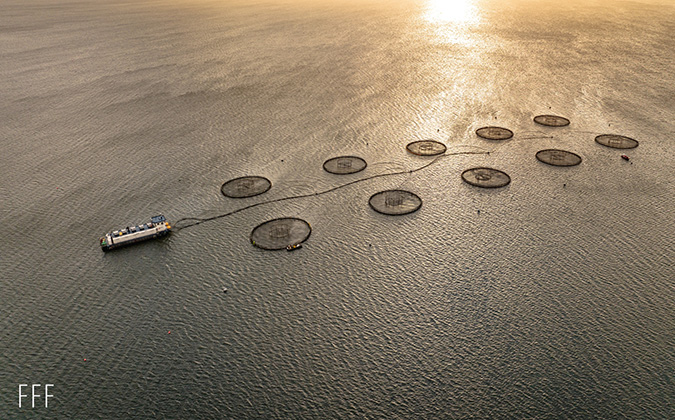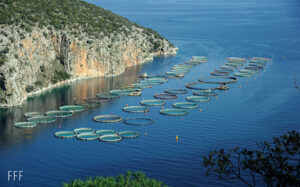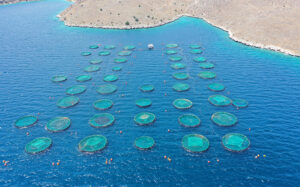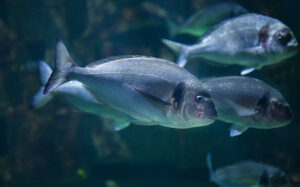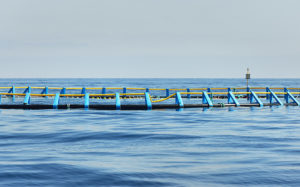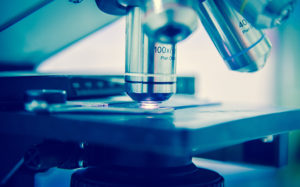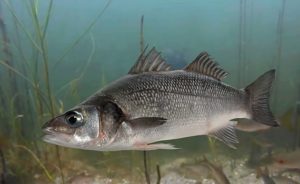Marine
Advanced genomics data could spark breeding revolution in European aquaculture
New genomics data on six commercially important fish species in Europe could have major implications for breeding programs, but there is work still to be done to realize the benefits.
New approach could improve understanding of farmed seabream welfare
Analyzing proteins from the skin mucus of gilthead seabream (Sparus aurata) could offer a promising, welfare-friendly route to monitor stress levels of the fish during production cycles.
Helping Mediterranean fish farmers quickly identify disease issues
An interview with Emre Berke, DVM, PhD, field technical support associate for PHARMAQ.
Lack of coordination threatens biosecurity in Spanish marine-fish farming
Spain’s marine aquaculture industry needs to make changes in order to meet biosecurity threats, according to a new EU-backed report.
Diversity of sea bass pathogen strains highlights challenge in Mediterranean aquaculture
A new study analyzing three strains of the bacterium Vibrio harveyi found among farmed sea bass in the Mediterranean has underlined the diversity of the pathogen, which poses a severe threat to the region’s aquaculture.
Sea bass immunity to parasitic disease could lead to new treatments
No effective licensed therapies exist against amyloodiniosis, a disease of fish species caused by Amyloodinium ocellatum (AO) ectoparasites. However, new research has shown that European sea bass (ESB) can develop specific immunity to the disease, which could in turn lead to the development of vaccines.

